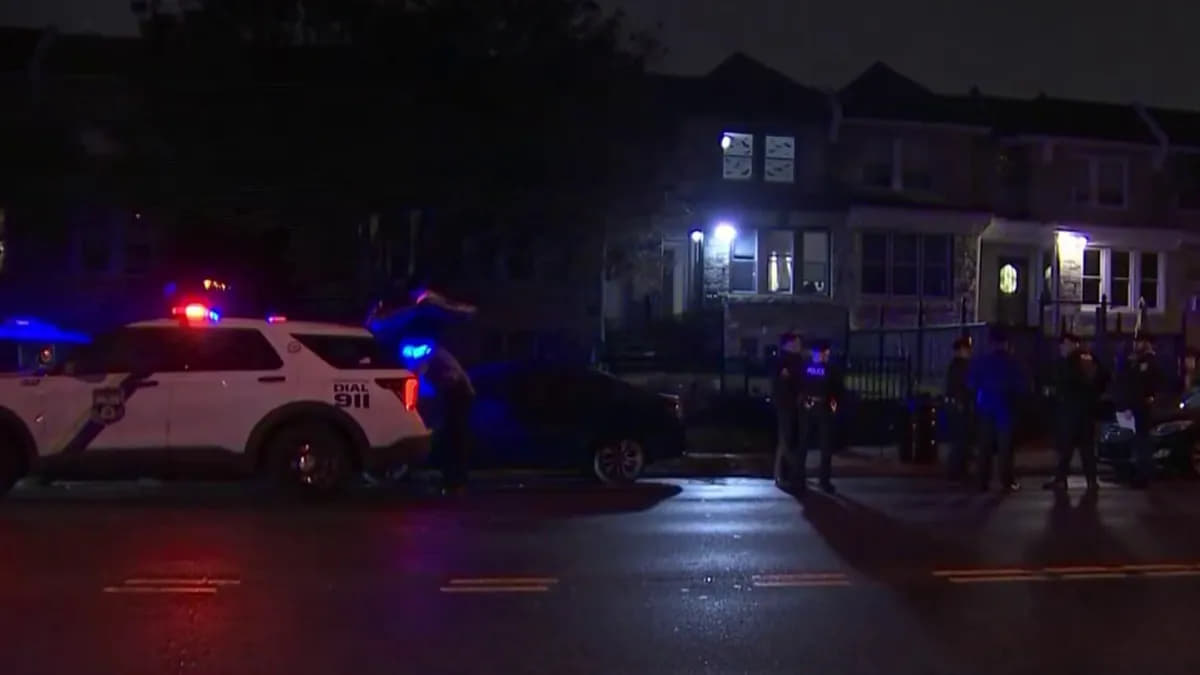Many tenants facing eviction wonder if it's possible to win an unlawful detainer case. In this article, we will explores a tenant's options when served with an eviction notice and examines the key factors that determine if they have grounds to fight an unlawful detainer lawsuit in court.
Can a tenant win an unlawful detainer case?
Yes, tenants do have the ability to fight back and win an eviction lawsuit under the right circumstances. While the odds are stacked against tenants with landlords winning around 95% of cases, providing compelling evidence that the grounds for eviction are not legally sound can result in a judgment in the tenant's favor. Solid documentation and knowledge of landlord/tenant laws are key.
Related: What Rights Do Tenants Have Without A Lease?
What evidence do tenants need to present to win?
To defeat an eviction attempt, tenants need strong documentation to back up their claims. All interactions with the landlord, from move-in to the eviction notice, should be meticulously recorded with dates, times, and summaries. This timeline establishes a clear record to present to the judge.
Lease terms must also be scrutinized for any details the landlord may be misinterpreting as a violation. Bringing receipts, photos, or other proof can corroborate a tenant's account when disputing the grounds for eviction.

What are some common reasons landlords lose eviction cases?
One of the most frequent reasons landlords lose eviction lawsuits is when the grounds for removal are found to be invalid or not allowed under the local rental housing laws. For example, decorating an apartment a certain way is usually permitted unless it causes permanent damage.
If a landlord tries to evict over this, the case will likely be dismissed. Tenants can also prevail by showing the landlord failed to follow required legal procedures prior to filing a case.
How might failing to follow procedures help tenants?
State or municipal statutes mandate specific steps landlords must take before legally removing a tenant. This includes adequate written notice periods, opportunities to remedy a violation, and bans on accepting partial rent payments once an eviction is initiated.
If any of these guidelines were broken, tenants have grounds to request a dismissal. Judges are also more sympathetic towards settlements reached outside of court, so demonstrating a good faith attempt can aid a tenant's case.
What tenant defenses are based on rental property conditions?
The warranty of habitability obligates landlords to maintain safe, functional housing. Tenants can legally withhold rent payments if violations like pest infestations, lack of heat/plumbing, or structural damage make a unit unlivable.
When eviction is pursued due to nonpayment related to these issues, tenants should document the deficiencies. If shown to be the landlord's fault and not remedied in a reasonable time frame, the tenant's breach of rent obligation may be excused legally.
How important is consulting legal counsel for tenants?
While it's possible to represent oneself in small claims housing court, consulting an attorney significantly improves a tenant's chances of winning an eviction case. Lawyers can review all details to identify potential defenses not obvious to laypeople.
They ensure procedures are adhered to properly and help effectively present the strongest counter-arguments. Affordable legal aid may be available for low-income tenants through local organizations. The complexity of landlord-tenant law makes counsel invaluable for defeating an eviction attempt.
What happens if a landlord loses an eviction case?
Should the judge rule in the tenant's favor, they are legally permitted to remain in the rental. Additionally, the landlord may be required to pay court costs, attorney's fees, and even damages if the tenant proves the lawsuit was frivolous or filed in Retaliation.
However, the tenant still must abide by all valid lease terms going forward, such as rent payments, or risk a subsequent case. But winning provides housing stability and potentially monetary reimbursement following an eviction battle.
Conclusion
Through diligent record-keeping, clear understanding of applicable laws, and effective defense arguments, tenants do occasionally prevail against eviction lawsuits. Solid evidence refuting the grounds, exposing any violation of procedures by the landlord, and asserting statutory rights like the warranty of habitability give renters a chance to keep their homes. While an uphill struggle, consulting legal aid ensures the best opportunity to make a compelling case for remaining in the rental.





